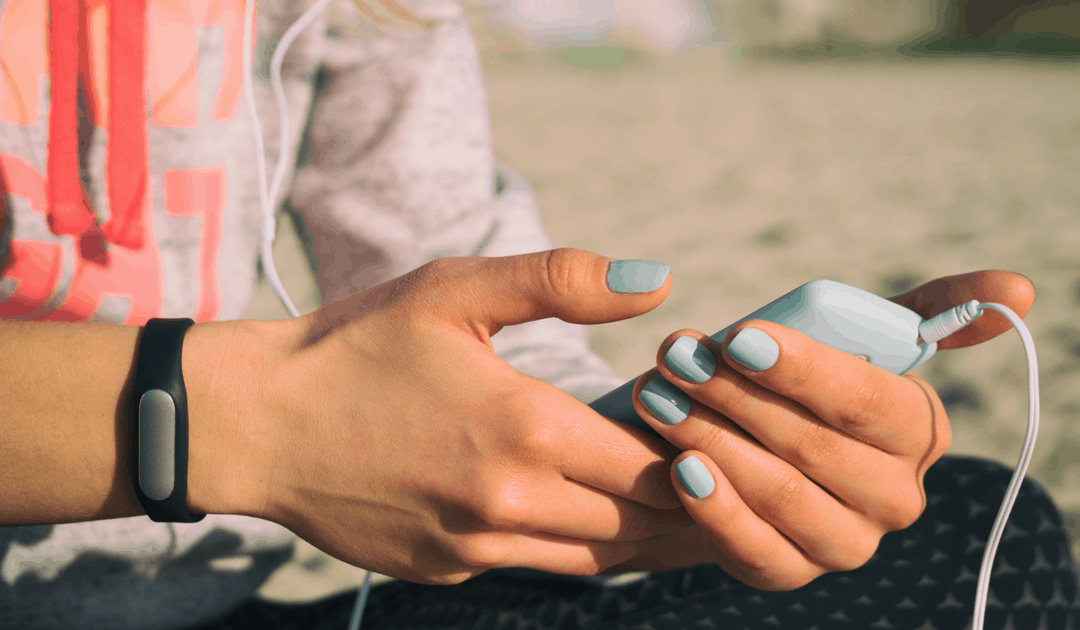Using smartphone apps to improve mental healthcare is definitely a possibility in today’s world where almost everything can be taken care of with just a click.
According to the ECNP/EBC report, there 165 million people or 38% of the population in Europe are affected by a mental illness. The successful treatment of mentally-ill individuals depends on some factors, and medication alone is not sufficient. There are various methods of treatment which they often include a mixture of therapy, self-help, and medication. Some individuals also choose to include exercise, meditation and creative art therapies, to help in their recovery process.
Smartphone apps to improve mental healthcare, an alternative that goes beyond
We live in an era where we have integrated smartphones in our daily lives, from conducting business, to interacting with our loved ones; and from purchasing items online to doing research on something we are interested. Can we take advantage of this technology to help those who need it the most?
It is a well-known fact that there is a major shortage of trained professionals who provide the kind of care patients need. In Europe alone it has been estimated that only 25% of individuals suffering from any mental disorder undergo treatment; while it is also estimated that only 10% of those mentally-ill receive an “adequate treatment.”
There are hundreds of mood trackers and mental health apps available for download. However, they have not been developed with the support from trained clinicians and have no evidence from clinical trials. Is this really the best way to go?
Huge Potential
If thoroughly tested and implemented effectively, mobile health applications can help clinicians and individuals by enabling self-treatment, speeding up the recovery process and prioritising treatment for those who need it the most.
Monsenso is a Copenhagen-based emerging company offering an mHealth platform to help clinicians overcome the burden of mental disorders. The effectiveness of this innovative solution is due to its double-loop treatment model.
On one side, healthcare providers use a web portal to monitor individuals on a continuous basis, identify early-warning signs and offer proactive treatment. On the other, users employ a smartphone to collect data, which is sent automatically to the clinic, enabling healthcare providers to deliver a prompt response.
Clinicians and users can easily access all historical data captured through the smartphone and obtain an accurate analysis and patterns of such data. In additional to historical data, the system can also provide accurate predictions of a patient’s moods and states during the upcoming five days.
Monsenso’s technology is based on continuous research. At the moment, there are ongoing studies and technical trials in bipolar disorder and schizophrenia to ensure the system is stable, scalable and that it helps improve an individual’s well-being.
This is just the beginning
Although mental health care providers deliver a fantastic care, there are hardly enough professionals to ensure everyone receives adequate treatment. Technology and innovation are required to ensure that people living with mental disorders obtain the best treatment available in a timely manner.
Click on the links to learn more about the Monsenso mHealth solution mental health consisting on a smartphone app for individuals, carers and a web portal for clinicians.
Reference:
[1] The size and burden of mental disorders and other disorders of the brain in Europe 2010. ECNP/EBC REPORT 2011.
https://www.ecnp.eu/~/media/Files/ecnp/communication/reports/ECNP%20EBC%20Report.pdf

